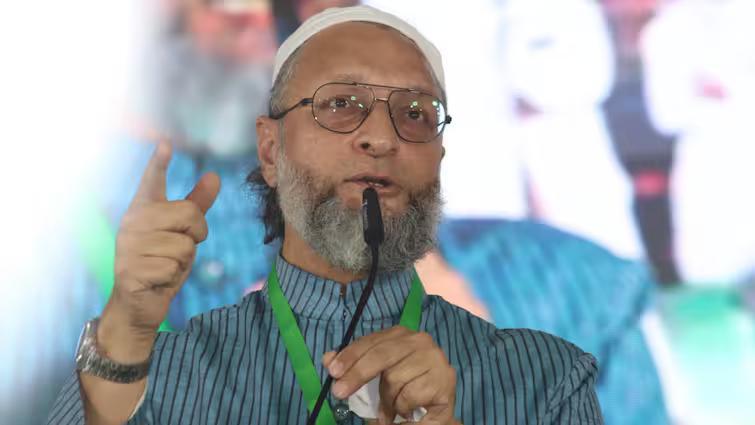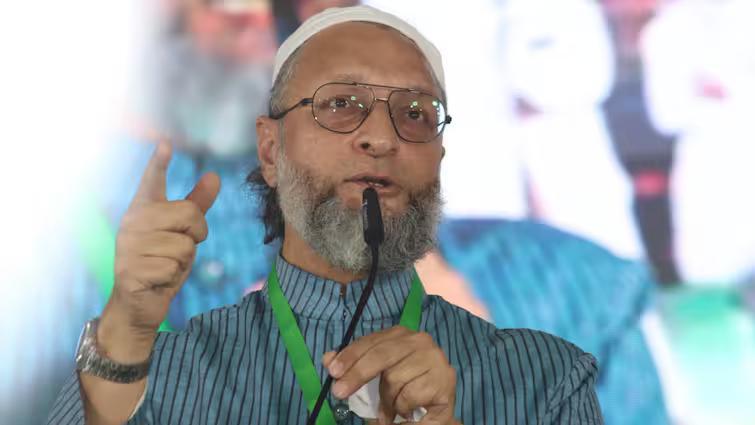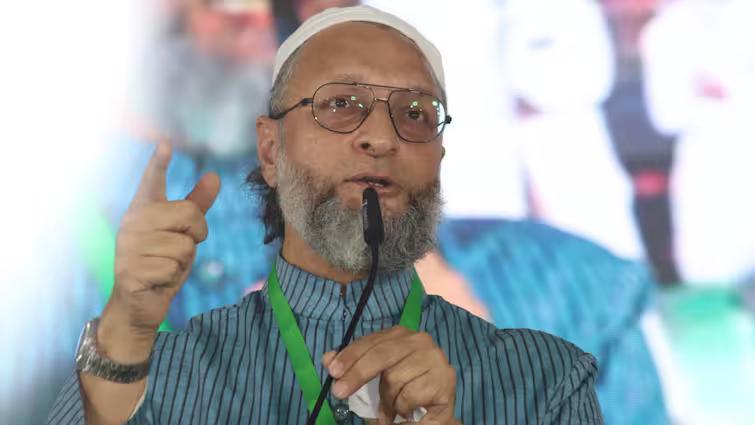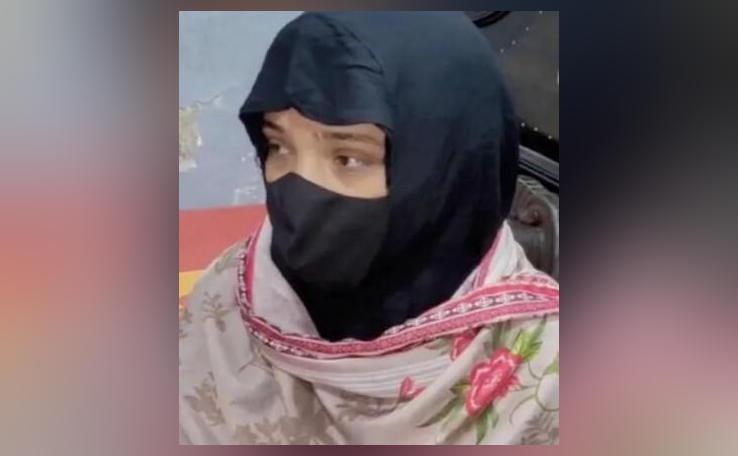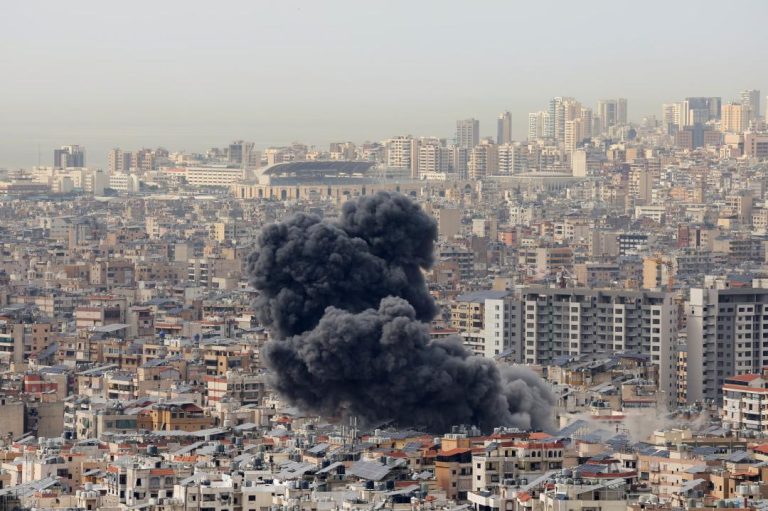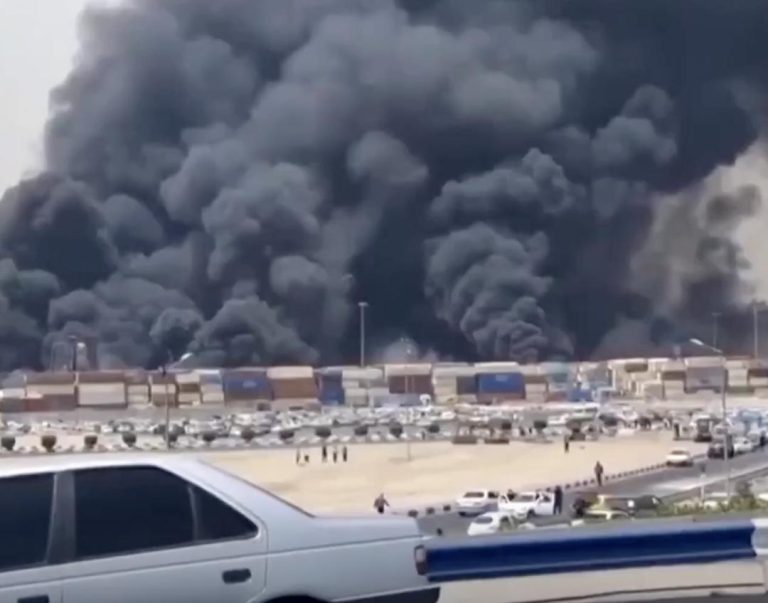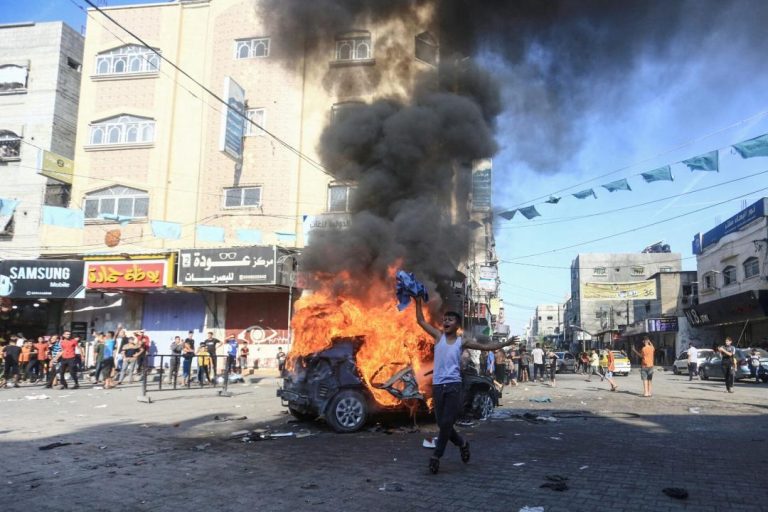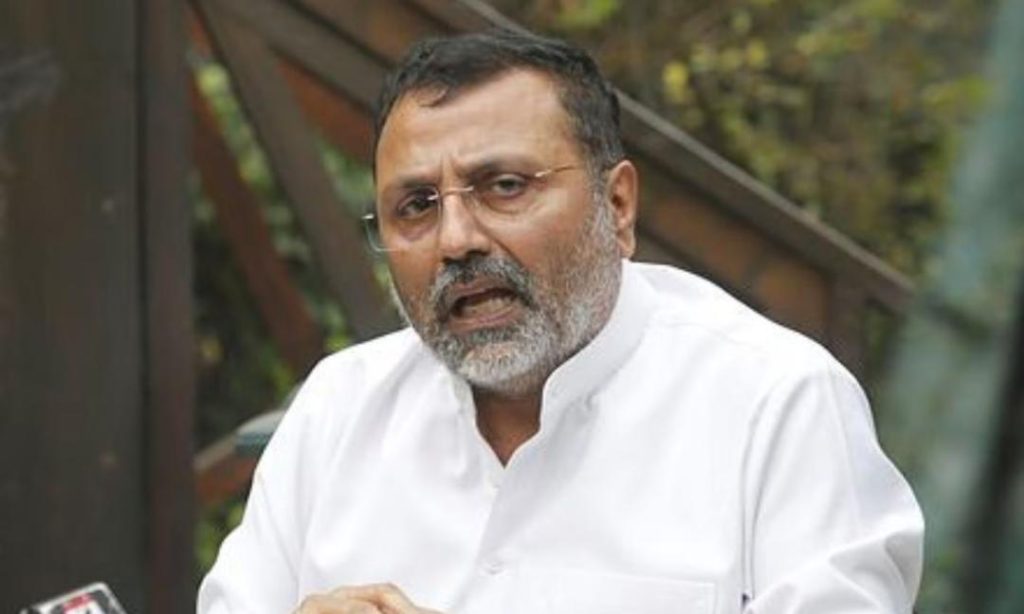
Pakistan will be divided into 4 parts by the end of 2025: BJP MP Nishikant Dubey
In the wake of the recent terror attack in Pahalgam, Jammu and Kashmir, a senior BJP MP has made a shocking statement that has left many wondering. Nishikant Dubey, a Member of Parliament from the Jharkhand state, has claimed that Pakistan will be divided into four parts by the end of 2025. According to him, this division will be done under the leadership of Prime Minister Narendra Modi.
Dubey made these remarks while addressing a gathering in his hometown of Ranchi. He claimed that Pakistan would be divided into separate countries named Balochistan, Pakhtunistan, and Punjab, in addition to reclaiming the part of Kashmir that Pakistan has occupied. He explicitly stated that Prime Minister Narendra Modi would ensure that this division takes place.
This statement by Dubey has sent shockwaves across the political spectrum, with many experts weighing in on the implications of such a division. While some have hailed Dubey’s statement as a bold move, others have criticized it as being overly ambitious and unrealistic.
Pakistan, which has been grappling with internal strife and economic instability, has already been facing criticism over its handling of the Kashmir issue. The country has been accused of supporting terrorist groups, including those that have carried out attacks in India, including the recent Pahalgam terror attack.
Pakistan’s refusal to take concrete action against these groups has led to increased tensions between the two nations. The recent escalation of violence in the region has only added to the already strained relations between India and Pakistan.
Dubey’s statement comes at a time when India is already reeling from the aftermath of the Pahalgam terror attack. The attack, which was carried out by a group of terrorists, resulted in the deaths of several security personnel and civilians. The incident has sparked widespread outrage and calls for increased security measures to prevent such attacks in the future.
In response to Dubey’s statement, Pakistan’s Foreign Office has issued a statement denying the claims. The statement read, “Pakistan rejects the baseless and irresponsible claims made by some Indian politicians about dividing our country. We will not be intimidated or threatened by such statements.”
However, some experts believe that Dubey’s statement may not be entirely unfounded. The Balochistan province, which is a resource-rich region in southwestern Pakistan, has been facing an insurgency led by separatist groups. The region has also been plagued by human rights abuses and economic neglect.
Similarly, Pakhtunistan, which is a term used to refer to the Pashtun-dominated regions of Pakistan, has been demanding greater autonomy from the Pakistani government. The region has been plagued by militancy and terrorism, with many residents seeking greater control over their own affairs.
Punjab, the most populous province in Pakistan, has also been facing internal strife and economic challenges. The region has been plagued by corruption, poverty, and unemployment, leading many residents to demand greater economic opportunities and better governance.
In light of these challenges, some experts believe that Dubey’s statement may not be entirely unrealistic. However, others have pointed out that dividing Pakistan into four parts would require a massive overhaul of the country’s political and economic structures, which could be a daunting task.
In conclusion, while Dubey’s statement has sent shockwaves across the political spectrum, it is unclear whether it is entirely realistic or not. Pakistan is a complex country with many internal challenges, and any attempt to divide it into four parts would require careful planning and execution.
Only time will tell whether Dubey’s statement becomes a reality or remains a mere pipe dream. However, one thing is certain – the situation in Pakistan and Kashmir is complex and requires a nuanced approach to resolve.
